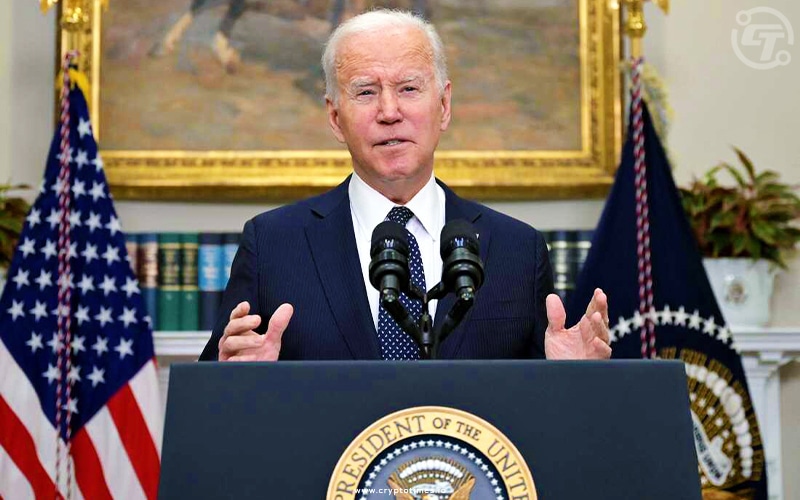The White House has suggested a punitive tax on cryptocurrency mining as part of its fiscal year 2024 budget. The Digital Asset Mining Energy (DAME) excise tax would levy a 30% surcharge on the power consumed by cryptocurrency mining companies.
The tax proposal made by the Council of Economic Advisers (CEA) in a blog on the official website of The White House has faced criticism from the crypto industry and some analysts, who see it as an attempt to harm and discourage an innovative sector.
The White House has justified the tax by claiming that crypto mining negatively impacts the environment, the energy grid, and society. The tax would be gradually rolled out over a three-year period and would exclusively apply to crypto miners in the United States.
The administration argued that crypto mining generates pollution that disproportionately affects low-income neighborhoods and communities of color. It also said that crypto mining consumes large amounts of electricity that can raise prices for other consumers and cause service interruptions.
Moreover, the administration claimed that crypto mining does not generate local and national economic benefits compared to other industries that use similar amounts of electricity.
Some critics have pointed out that other industries, such as steel manufacturing, also use large amounts of electricity but are not taxed for their energy consumption.
Others have suggested that taxing the greenhouse gas emissions of crypto mining rather than the electricity use might be a better solution, as it would incentivize miners to find cleaner power sources.
Also Read: Crypto Community Abhors Biden’s Presidential Economic Report
Some have also questioned the validity of the administration’s arguments, noting that crypto mining can provide various benefits, such as financial inclusion, security, and innovation.






